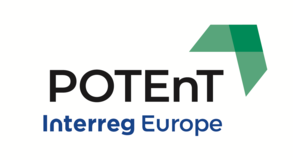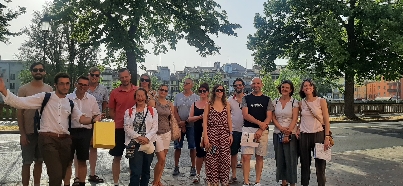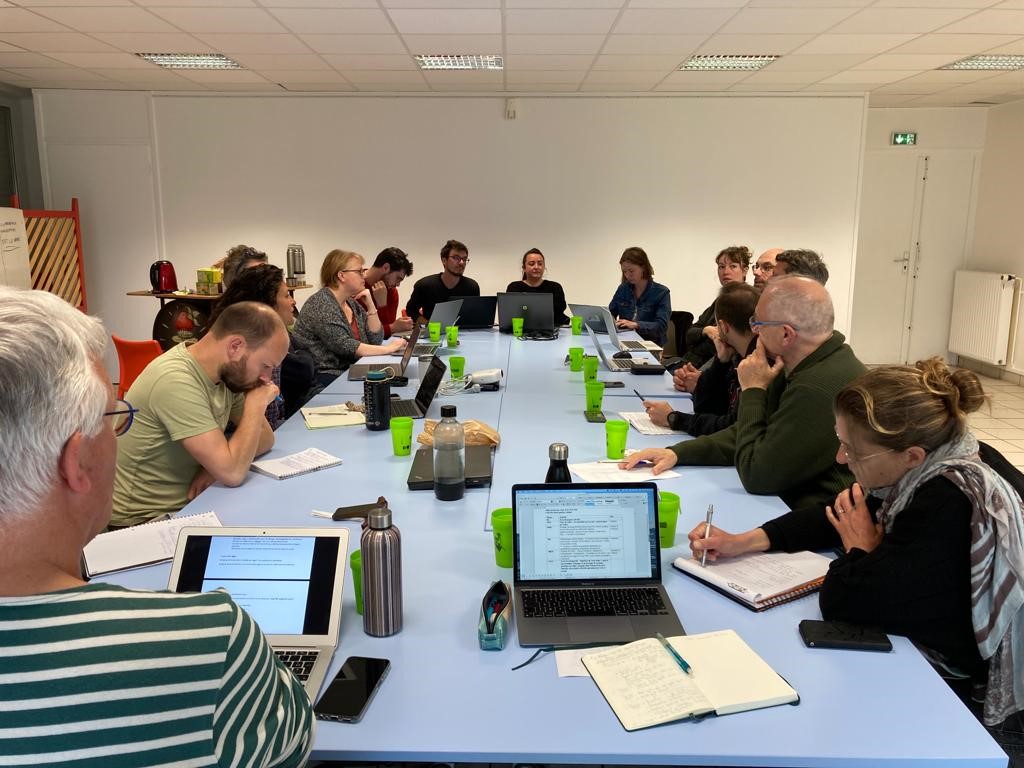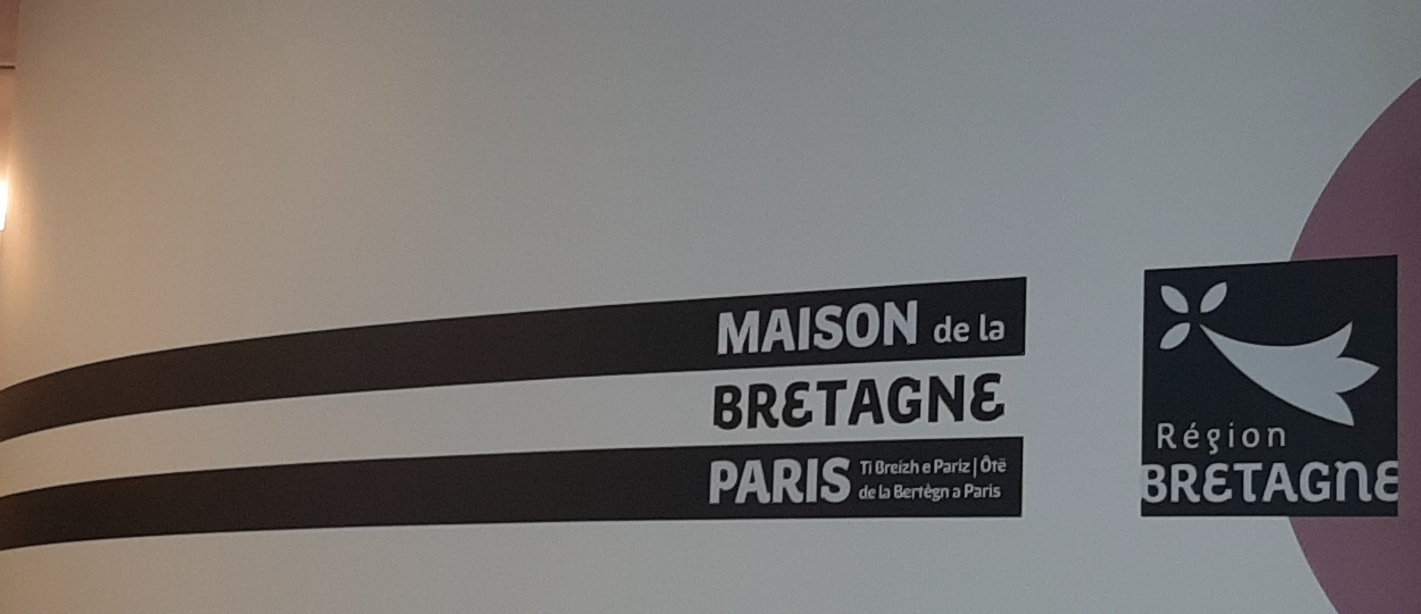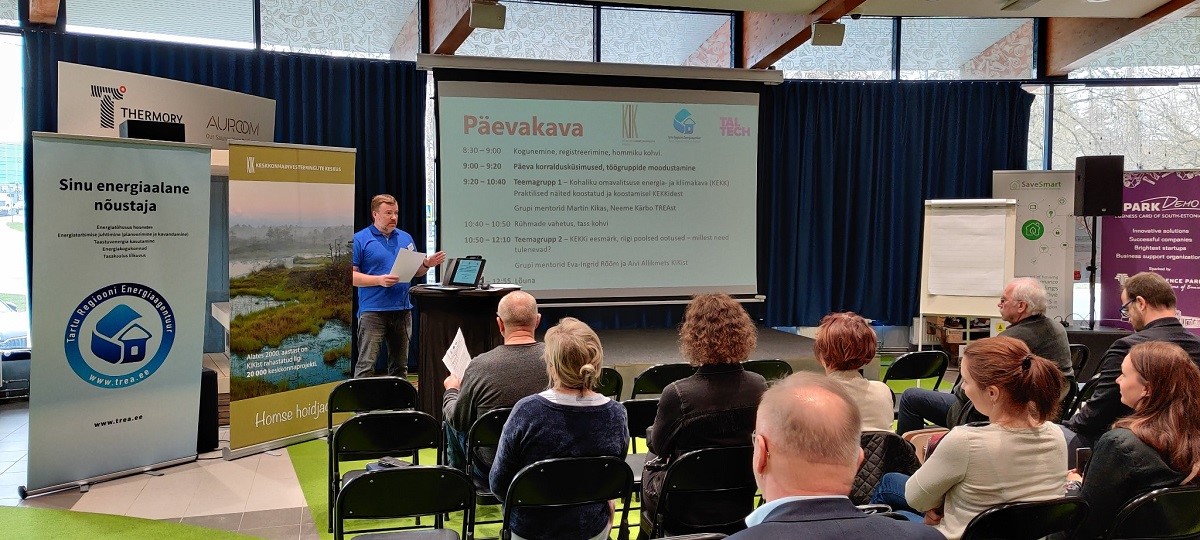POTEnT has just started, and things are already moving fast! The first semester will lay the foundations of the project, and partners are busy to define local strategies, stakeholders and activities.
To better understand the background of POTEnT, its objectives and what to expect, we have asked 5 questions to POTEnT Lead Partner, the Energy and climate local agency of South Brittany (ALOEN).
Why have you decided to be the LP of POTEnT?

First, just a few information about us: ALOEN was created in 2005, at the initiative of Lorient Agglomération. The Agency has a role of animation to accelerate the energy transition of the territory by involving all local actors: local authorities, inhabitants, companies, schools, associations, etc. ALOEN has 19 employees.
Being a leader partner is for us the opportunity to use our facilitation skills for the POTEnT project, with one new feature though: working with European partners! Indeed, this is ALOEN's first participation in a European project.
We are delighted to embark on this adventure, accompanied by our 8 partners and the dynamic is there, we saw it at the Kick Off on July 3-4 in Lorient.
Which are POTEnT key features?
The project’s objective is to reduce carbon emissions faster than “Business As Usual” through more and better energy services provided by local and regional authorities. 8 partners will:
* analyse partners’ plans through two Thematic Events and eight Mentoring Days,
* identify good practices that will improve these plans, studying them through Study Visits, importing them via special workshops and Regional Action Plans.
* develop/improve public Energy Services Companies (ESCos) and increasing their “market-share”
* build the capacity of all relevant public authorities including ERDF Managing Authorities
* increase investments in low carbon projects, and inspire/empower local decision-makers and communities.

The project’s main outputs will be focused on new energy transition solutions through:
* New projects to increase investment in low carbon projects, inspire/empower local decision-makers and communities to achieve higher levels of carbon reduction
* Improved governance by delivering policies to develop/improve public Energy Services Companies and transform existing mechanisms into "future-fit" organisations that will have a bigger impact on carbon reduction.
Which are your expectation, as ALOEN, within POTEnT? Which is the impact you want to give to energy transition and to your policy instrument with the project?
Offering public authorities and citizens the necessary conditions to become real actors in the Energy Transition will be our main focus in the coming years, our participation in POTEnT is in line with this ambition.
Thanks to POTEnT we will help and support the Brittany Region in its role as leader of the Energy Transition, in particular by ensuring the link with the Lorient urban area and by feeding them mutually the needs of each other to be key players in the energy transition.
How do you imagine the energy situation in Brittany in 2030? Which are the main challenges and objectives in your Region?
At the end of 2015, France undertook to reduce its greenhouse gas (GHG) emissions by a factor of 4 by 2050 compared to 1990 (Factor 4).
At the level of the Brittany Region, it is the sectoral distribution of GHGs that has been taken into account and reduction objectives by sector (transport, buildings, waste, industry, agriculture, energy) have been applied. This results in a reduction target of about 65% in GHG emissions in Brittany between 2012 and 2050, i.e. a halving of GHGs in Brittany by 2040.
It should also be noted that the Brittany Region is often characterised as an energy peninsula. Indeed, it is highly dependent on energy imports: it produces only about 12% of its consumption. The POTEnT project will help reduce this dependence and GHG emissions.
One objective that you, as lead partner, would like POTEnT to accomplish by the end of the project?
We hope that the POTEnT project has made it possible to strengthen local cooperation between all the actors involved in energy transitions (local public society, local authorities, citizens, associations, companies, etc.) and to increase skills at the local level so that projects are numerous, resilient and include a broad and systematic participation of citizens.
